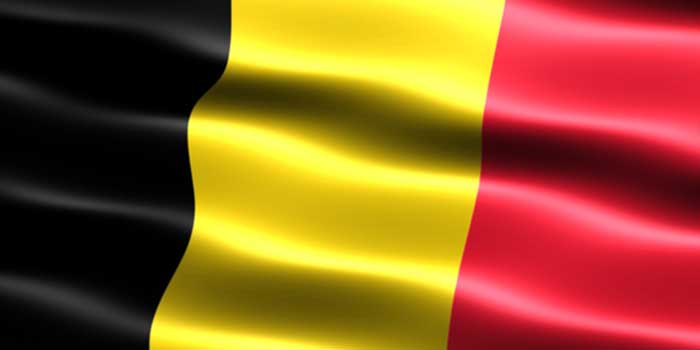Belgium has dramatically strengthened its anti-gambling regulations in recent regulatory changes in 2022 and 2023. This includes a complete prohibition on all types of advertising of betting and gambling across all forms of media. At the same time, Brussels and Genk have put a hold on issuing any further gaming licenses until the government finishes revising the Gaming Law.
And this seems to be working out quite well for the territory.
The ever-evolving Gambling Law in Belgium has now been brought up to speed to meet the requirements of the General Data Protection Regulation (GDPR) of the European Union. These revisions, spearheaded by Justice Minister Vincent Van Quickenborne, are intended to protect Belgian customers from fraud and other harms associated with the gaming industry. And they seem to be working out quite well for the territory.
Overseen by Justice Minister Van Quickenborne, these amendments to the Gambling Law contain substantial technological changes to how the information provided by players to the ‘EPIS – Excluded Persons Information System’ is handled. The Belgian government’s proposal to modernize gambling regulations and operator standards includes updating the EPIS self-exclusion system.
The Crucial Changes
To begin with, Belgium’s Gambling Authority, Kansspel Commissie (KSC), will be obligated to capture and securely store the personal information of its customers under the new Electronic Poker Information System (EPIS). Using this information, gamblers may permanently exclude themselves from placing wagers at any land-based or online casino carrying the appropriate licensing.
In addition, as of the 20th of October, weekly deposit limits for Belgian online gaming businesses will be lowered from €500 to €200. As if that is not enough, the amended data requirements require that operators keep records of their contacts with new consumers, who are not eligible for bonuses or incentives to make bets.
Mandatory ID Checks for Gambling Access
In another noteworthy change, the Council of Ministers has endorsed Minister Van Quickenborne’s proposal to enforce mandatory ID checks on all gambling machines in retail, hospitality, and leisure venues. These checks will be used to verify the age and identity of customers. Users’ ages and identities will be confirmed through these procedures.
The rollout of new e-ID checks will be mandatory in the principal regions of Brussels, Wallonia, and Flanders, aiming to combat gambling addiction and close existing loopholes in the law. By doing so, Belgium will be in line with neighboring Denmark, which has long required photo identification from gamblers before they could use an ATM, improving the efficiency with which customers could be added to the national self-exclusion system, ROFUS.



